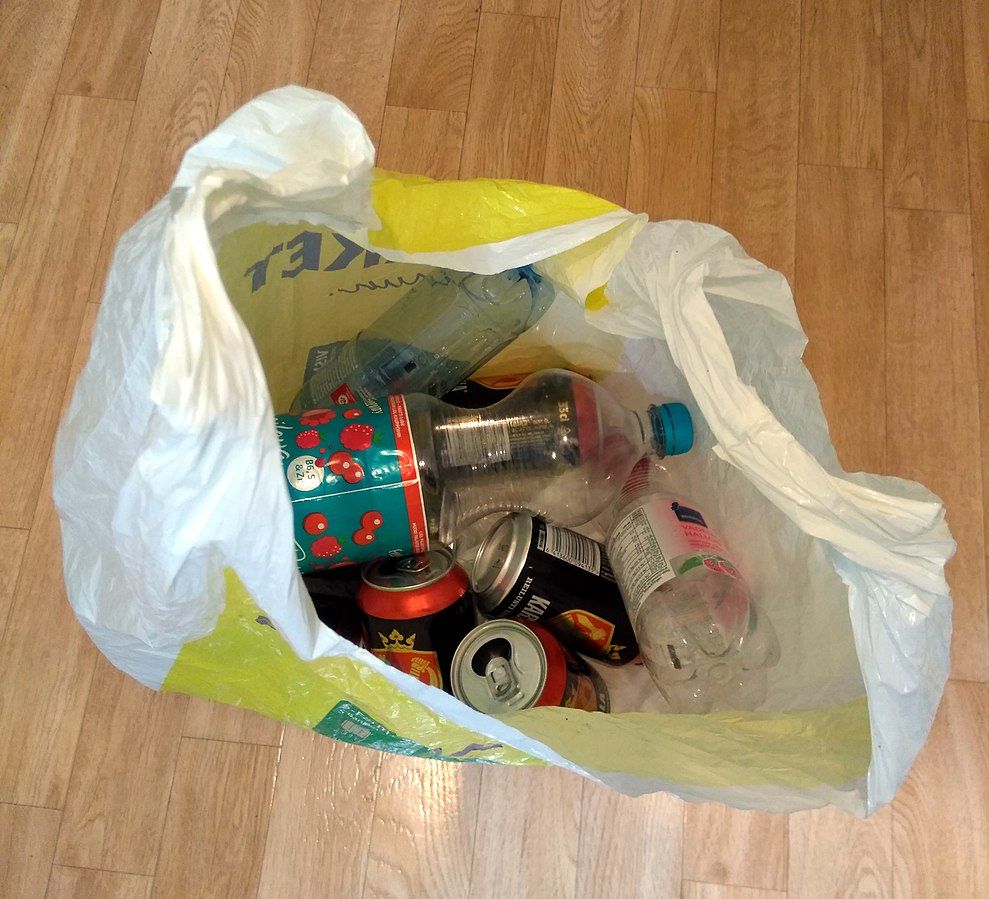Report: Recycling Plastic Can Increase Toxicity
According to a Greenpeace report published on Wednesday, recycling actually increases the toxicity of plastics and should not be considered a solution to the pollution crisis.

Facts
- According to a Greenpeace report published on Wednesday, recycling actually increases the toxicity of plastics and should not be considered a solution to the pollution crisis.1
- The report finds plastics often contain higher levels of toxic chemicals, including carcinogens and endocrine disruptors, among others, which can be transferred into the recycled product.2
- The report cites peer-reviewed research, international studies, and UN Environment Programme data, which shows 3.2K of the more than 13K chemicals contained in plastics are hazardous to human health. The paper suggests that “plastic poisons the circular economy and our bodies, and pollutes air, water, and food.”3
- Because fewer than 10% of plastics ever produced reach recycling facilities, Greenpeace argues, “it will be impossible to end plastic pollution and eliminate the health threats from chemicals in plastics” without reducing plastic production.4
- The report comes as the UN will soon convene the second round of talks towards reaching a Global Plastics Treaty in Paris from May 29 to June 2.5
- Last year, during a UN Environment Assembly meeting in Nairobi, representatives from 175 countries agreed to create the first legally binding international treaty on plastics.6
Sources: 1Guardian, 2Daily Mail, 3IPEN, 4Greenpeace Philippines, 5Greenpeace USA, and 6Newsweek.
Narratives
- Narrative A, as provided by Wired. The plastics industry will continue to put forward plastic recycling and recycled content as the best way to resolve the global plastic crisis, distracting attention from the need to reduce overall plastic production and shifting the burden of dealing with plastic waste onto the consumers. The only real solution to ending plastic pollution is to first cap and later end plastic production — the world needs the UN's plastics treaty.
- Narrative B, as provided by Cancer Research UK. No evidence suggests ingesting plastic particles poses a real public health risk. Instead of denying people access to clean drinking water, safe food supplies, medical and personal care products, disrupting global supply chains, or substituting plastics with materials with a much higher carbon footprint in critical applications, the global community must conduct more research to establish if plastics are a threat or if the benefits greatly outweigh the costs.






